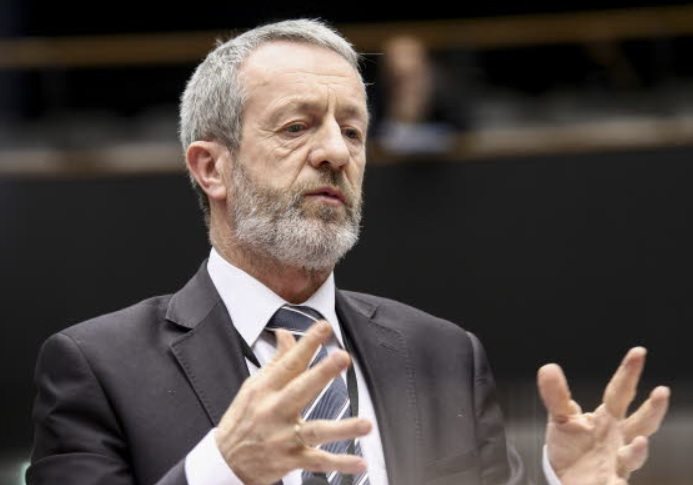Published: Wed, 14 June 2017
Share this

MEP for Ireland South and Energy Committee rapporteur for the European People’s Party (EPP) on the 2030 climate targets, Seán Kelly, has criticised the European Parliament’s adopted position on the Effort Sharing Regulation on emissions targets, saying that Ireland’s ability to make real investments in emission reductions would be significantly hindered as a result.
Speaking in the European Parliament in Strasbourg today (Wednesday) following the Parliament’s vote on the Regulation, Mr Kelly said:
“I am unable to support the final compromise on the 2030 targets as I believe it is overly burdensome on Ireland, and would actually be counterproductive to our ability to move to a low-carbon economy.”
The Effort Sharing Regulation sets targets that cover all emissions except for large power plants and industrial installations, which fall under the scope of the EU Emissions Trading System. The sectors most affected are agriculture, transport and buildings.
The Parliament has adopted a position that says that Member States cannot start the post-2020 period from any point higher than the 2020 target, essentially meaning the countries, like Ireland, who will fail to meet its 2020 targets, will start from a period of non-compliance from 2021 onwards.
“To put Member States into a position of non-compliance from the offset is counterproductive in my view, and as a result I cannot support this final text. Under the current proposal, given that we will miss the 2020 targets by up to 15 percentage points, Ireland would have to purchase compliance credits for the entirety of the next decade in order to meet the proposed 2030 obligations, at the expense of our taxpayers.
“It would be far more effective to allow Member States begin the next period on their actual emissions, and enable them to use this money to make the necessary investments that will enable us to reach our 30 percent reduction target by 2030.
“More should have been done in the current period, there is no doubt about that, but to continue punishing Ireland for these mistakes until 2030, in my view, is nonsensical.”
Mr Kelly further added that this text fails to consider the mistakes made in setting the 2020 targets, and the problems certain Member States encountered over the past decade:
“Let me be clear, I totally agree that there is a need for Ireland to do much more in terms of Climate Action, and I have been extremely vocal about that on a number of occasions in the past. There is room for us to do far more, particularly in terms of decarbonising our energy consumption and reducing our energy demand. However, we still must acknowledge when setting the new targets that the situation over the past decade is not black and white.
“Firstly, under the 2020 targets, Member States were given no flexibility to use afforestation as part of their mitigation strategy which put countries with a high share of agriculture in their emissions mix, such as Ireland, at a disadvantage from the offset. That this has been included for the new period is a clear admission of the mistake by the European Commission.
“Secondly, after these targets were set, Ireland encountered the biggest economic crisis in recent memory, and the subsequent bailout programme significantly restricted our ability to invest in low carbon solutions, particularly in the transport and buildings sector where cuts are more cost-effective and achievable.
“Thirdly, I take issue with how the targets are set based on GDP. Ireland is a small open economy with a large Foreign Direct investment sector and thus our GDP levels are inflated. It would be much more accurate to use a measure such as GNI, or something between the two”
“I hope for a more balanced and pragmatic approach from the European Council that will allow Ireland to get back on track and meet our 2030 targets”, he concluded.